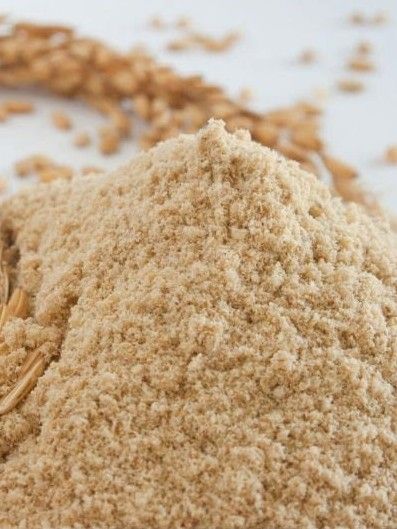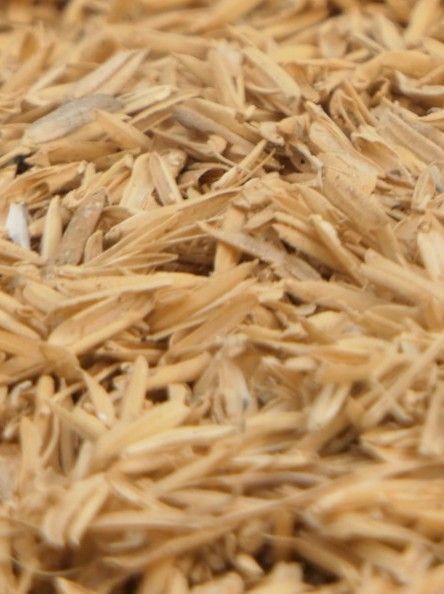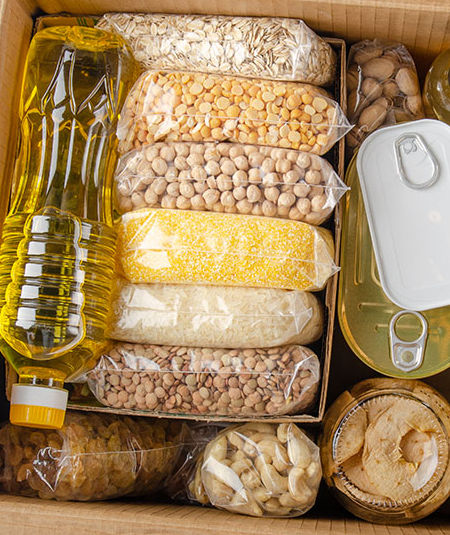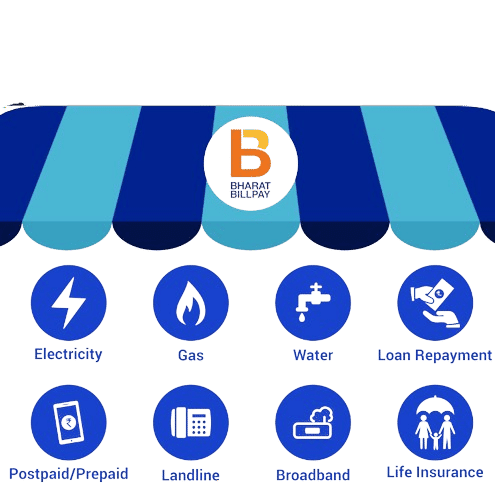#about product and services
Can you provide an overview of the services provided by Prasad Rice Mill?
Rice Milling: The primary function of a mini rice mill is to convert paddy into white rice by removing
the husk (outer shell) and bran layers. This process involves several steps:
De-husking: The husk is removed from the paddy, producing brown rice.
Polishing/Whitening: The brown rice is polished to remove the bran layer, resulting in white rice.
Packaging: The processed rice is packaged into bags or containers for distribution and sale. Proper packaging ensures the rice is protected from contamination and maintains its quality during transportation and storage
By-product Processing: The mini rice mill also deals with by-products of the milling process,
such as rice bran and husk. These by-products can be used for various purposes:
Rice Bran: Can be used for animal feed, oil extraction, or as a nutritional supplement.
Rice Husk: Can be used as fuel, in the production of building materials, or as a soil conditioner.
What are the different types of products sold by Prasad Rice Mill and how they are different from the market?
We sell various rice products and by-products with best quality and at lowest price
White Rice: The primary product, obtained after milling and polishing paddy.
This is the staple food sold in different grades and sizes, catering to various market demands.
Brown Rice: Partially milled rice with the bran layer intact, known for its nutritional value.
It appeals to health-conscious consumers.
Rice Bran: The outer layer of the rice grain, removed during milling.
It is rich in nutrients and used for animal feed, oil extraction, and as a dietary supplement.
Rice Husk: The outer shell of the paddy, separated during de-husking.
It has multiple uses, including as a fuel source, in building materials, and as a soil conditioner.
We also sell various grocery and electronics items at best rate, which we source from:
Online Marketplaces: Retailers use online platforms like Alibaba, Amazon Business, or other
B2B marketplaces to source products from a global range of suppliers.
Local Suppliers: Sourcing from local suppliers or artisans can reduce shipping costs and support local economies.
This is particularly popular for unique or region-specific products.
Wholesalers and Distributors: Many retailers buy products from wholesalers or distributors who stock a wide
range of goods from various manufacturers. This method provides convenience and a variety of products.
















